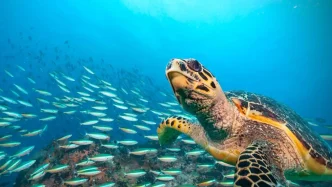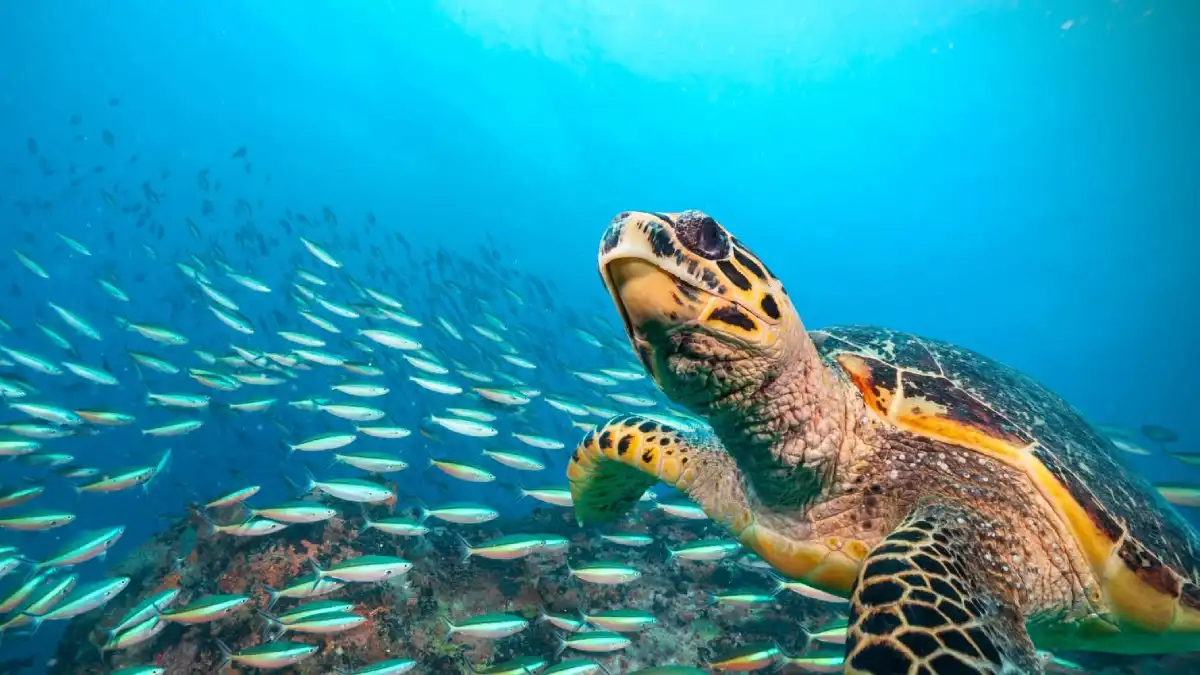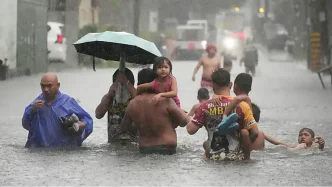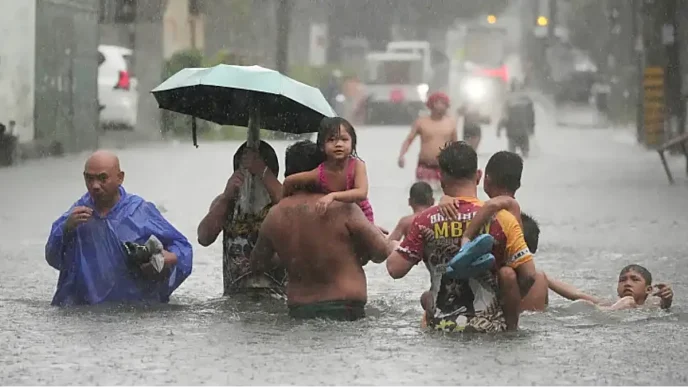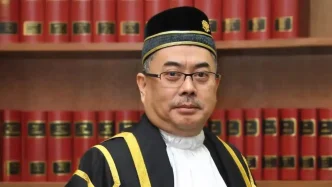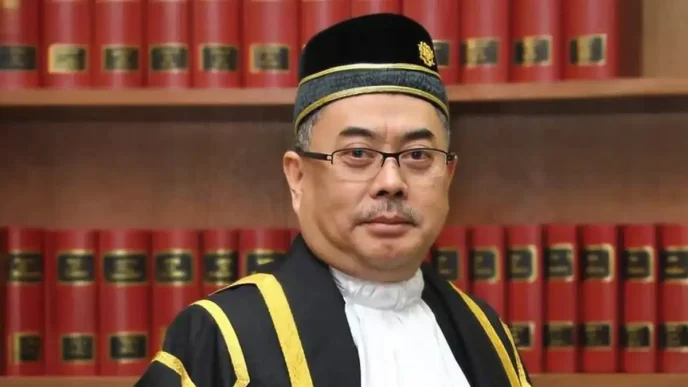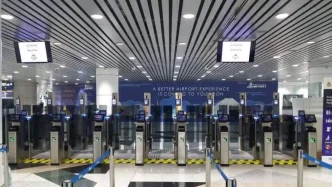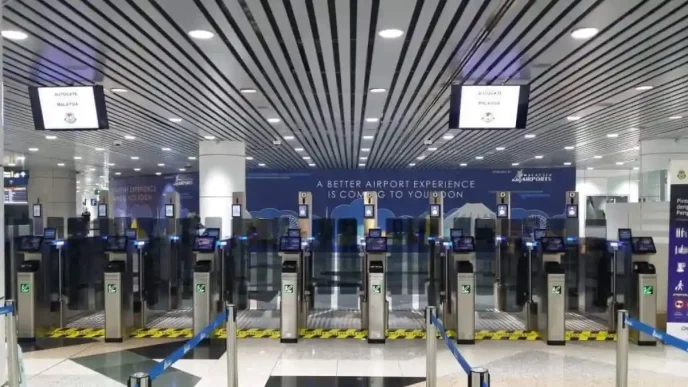On the idyllic resort island of Mabul, off the east coast of Sabah in Malaysia, a quiet revolution is underway. While tourists flock to its shores for world-class diving and proximity to the renowned Sipadan Island, the island’s 3,800 residents have long grappled with a less picturesque reality: a lack of basic infrastructure, including waste collection. For years, rubbish was simply dumped into the sea. Now, thanks to the tireless efforts of a local environmentalist and the determination of the community, Mabul is turning the tide on waste pollution, offering a model of grassroots environmental action.
A Hidden Struggle Behind Paradise
Mabul Island, a small dot in the Celebes Sea, is a diver’s paradise, celebrated for its rich marine biodiversity. Yet behind the postcard-perfect beaches lies a village where development has lagged far behind the booming tourism industry centered in Semporna, the coastal town that serves as a gateway to Mabul and nearby islands. With no formal waste disposal system, residents had few options but to discard rubbish into the surrounding waters, contributing to marine pollution and threatening the very ecosystems that draw visitors from across the globe.
The issue is emblematic of a broader challenge faced by many island communities in the region. While tourism fuels economic growth in places like Semporna, the benefits often fail to reach remote areas. Infrastructure projects and development plans rarely prioritize these isolated populations, leaving them to fend for themselves in managing basic needs like waste disposal.
A Local Champion for Change
Enter Adzmin Fatta, a 32-year-old environmentalist from Semporna who has dedicated over a decade to coral conservation and community-driven environmental initiatives. As the community coordinator for Reef Check Malaysia and co-founder of Green Semporna, Adzmin has become a beacon of hope for Mabul’s residents. Born and raised in the area, he understands the unique challenges faced by island communities. “People often blame the community for the trash, but they forget how isolated these islands are. It’s not that they don’t care. They just don’t have the system we have in urban areas” he explained in a recent interview with local media.
Adzmin’s journey into environmental advocacy began unexpectedly after winning a public speaking competition during his pre-university studies, which led to a job offer from WWF. That opportunity marked the beginning of a career focused on protecting Sabah’s marine ecosystems. Today, his work centers on fostering community ownership of environmental solutions, emphasizing that lasting change must come from within.
From Sea to Shore: A Community Takes Action
In 2023, as national attention turned to Mabul’s escalating waste crisis, Adzmin was appointed to the Semporna district’s technical committee. Rather than imposing top-down solutions, he chose to empower residents by helping them form a cleanliness committee. The results were striking. Within just six months, over 70 tonnes of waste were collected from the island and transported to the mainland for proper disposal. “It showed that if you give the community the chance and support, they’ll rise to it” Adzmin noted.
This success was no isolated feat. Adzmin has a proven track record of implementing waste management systems on other islands in the region. On the Mantanani Islands, for instance, his team has worked with 140 households since 2018, preventing over 145,000 kilograms of waste from polluting the ocean. A scorecard system there even rewarded 47 households with Excellence Certificates in 2022 for their efforts. Similar programs have been rolled out in Larapan between 2022 and 2024, and in Selakan, where initiatives are ongoing, each tailored to the specific needs of the local population.
Building Trust, Not Flashy Fixes
Adzmin is quick to point out that these initiatives are not about quick, headline-grabbing projects. “These aren’t flashy projects. They rely on long-term trust” he said. His approach prioritizes consistent engagement with communities, ensuring they feel invested in the outcomes. Now, he is focusing on training young leaders to sustain these projects, allowing him to extend his support to new areas in need.
Despite the progress, the work is far from easy. Adzmin admits the personal toll it takes. “If I had a choice, I’d just eat, sleep, and heal. But seeing the community’s commitment keeps me going” he shared. For him, waste management is not just about cleanliness—it’s a critical tool in combating marine pollution and preserving biodiversity. “The cost of biodiversity loss is far greater than the cost of basic waste systems. We all have a stake in this” he emphasized.
A Ripple Effect of Inspiration
The transformation on Mabul Island serves as a powerful reminder of what can be achieved when communities are given the tools and trust to address their challenges. Adzmin’s efforts highlight the importance of localized solutions in environmental conservation, particularly in regions where systemic neglect has left vulnerable populations to bear the brunt of pollution and resource scarcity.
As initiatives like these gain traction, they also draw attention to the broader need for inclusive development policies that ensure remote communities are not left behind. For now, Mabul’s residents are proving that even in the most isolated corners of the world, collective action can create a cleaner, more sustainable future—one piece of waste at a time.

